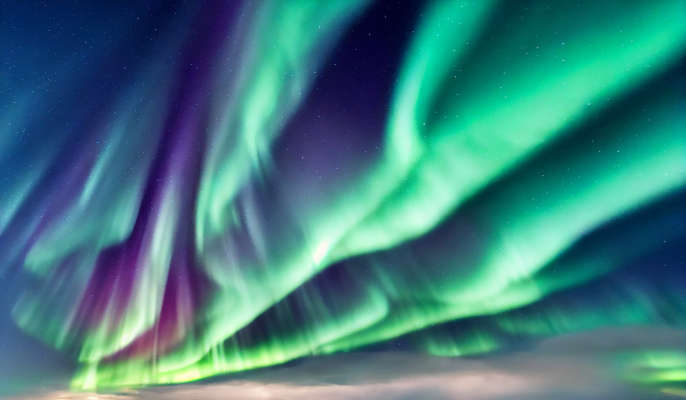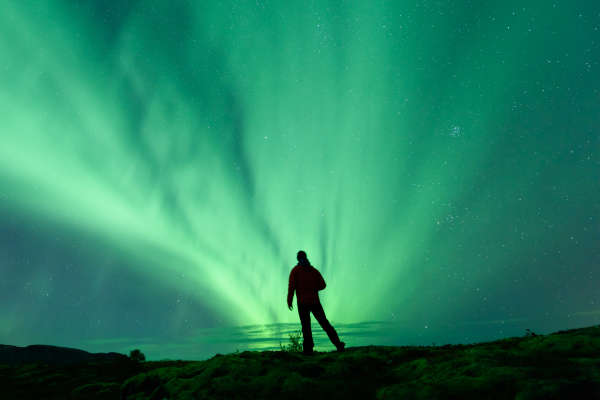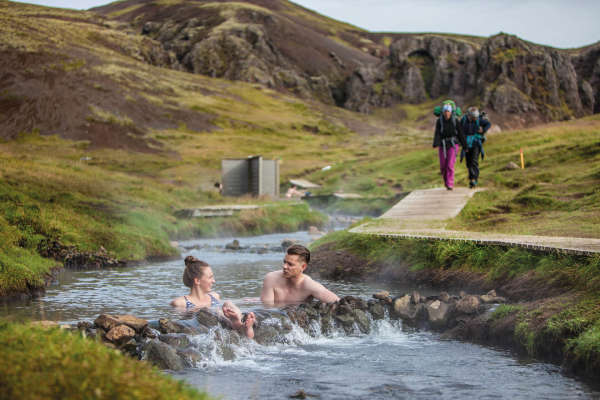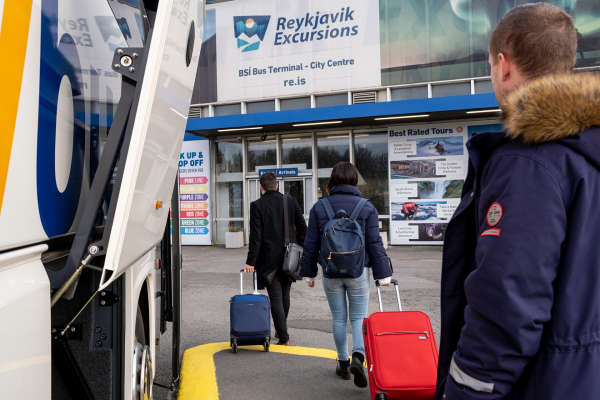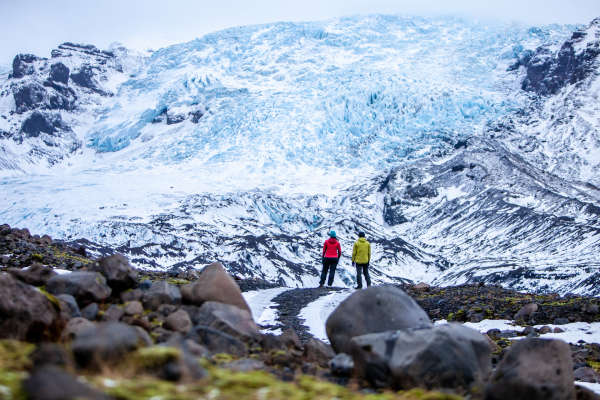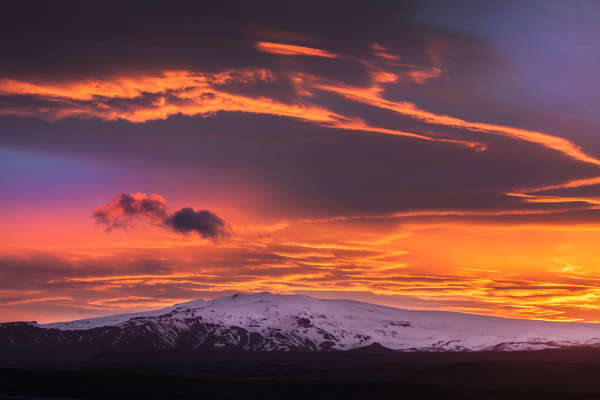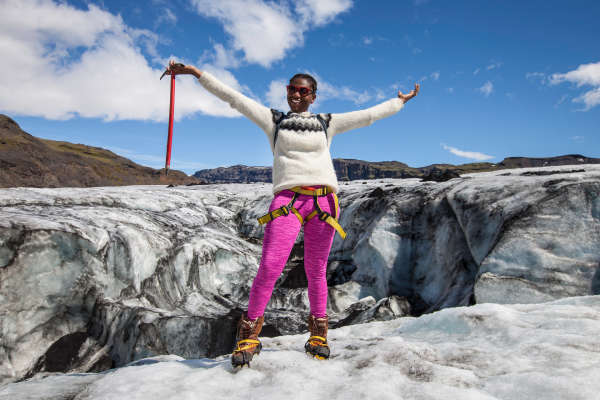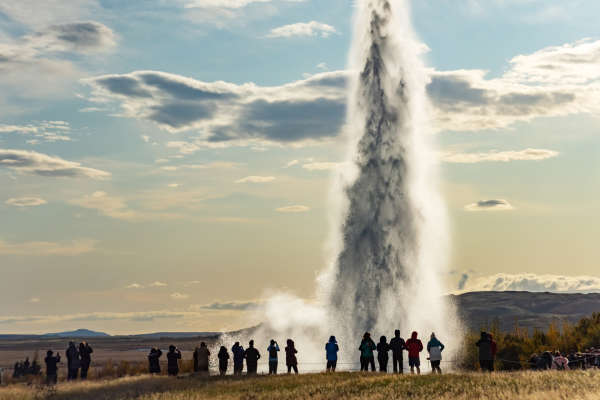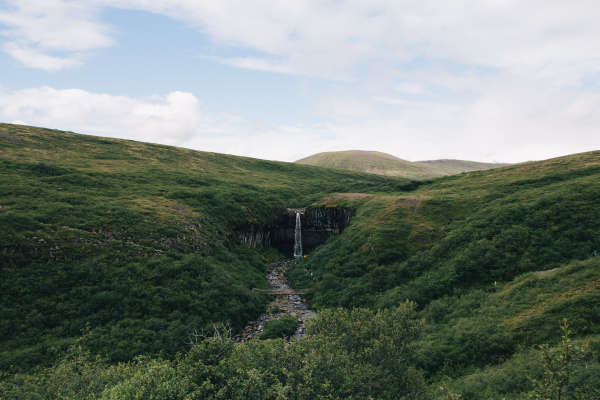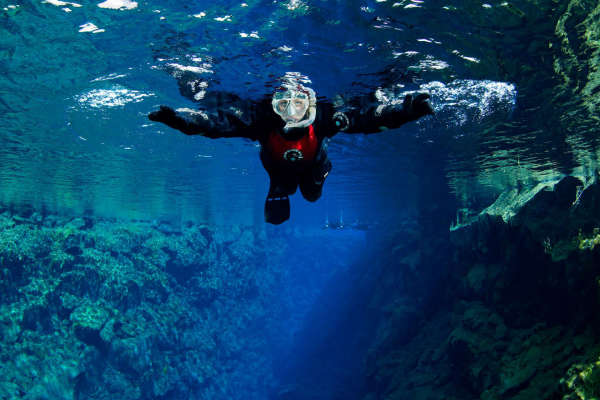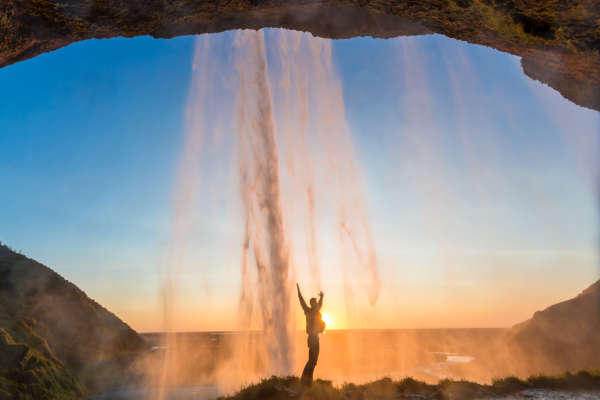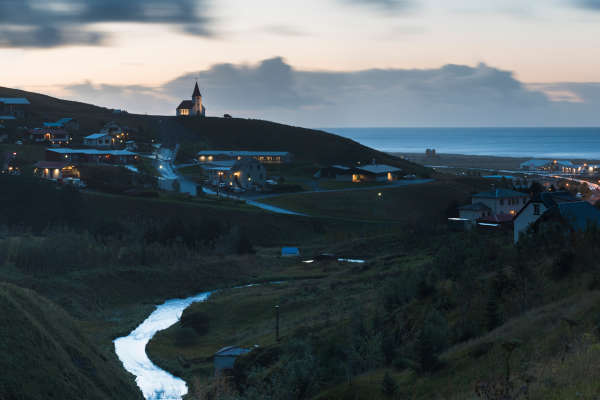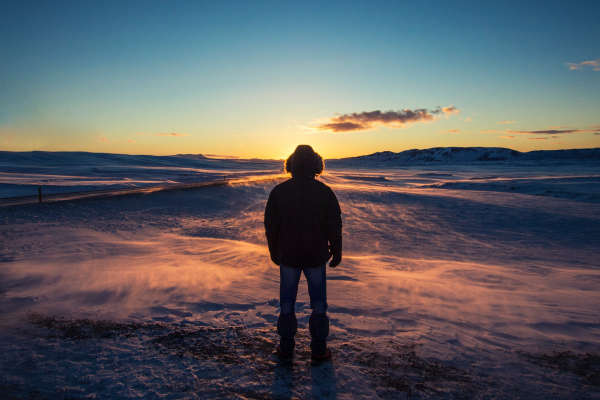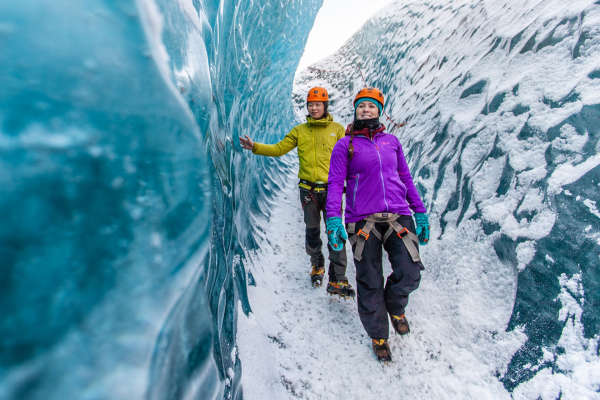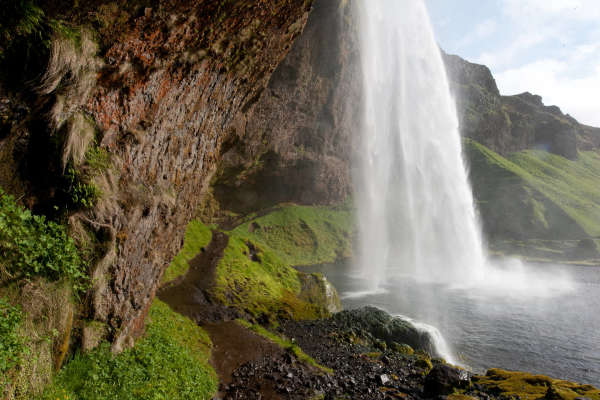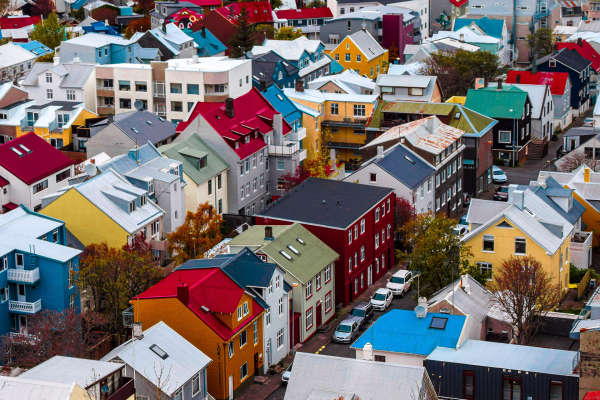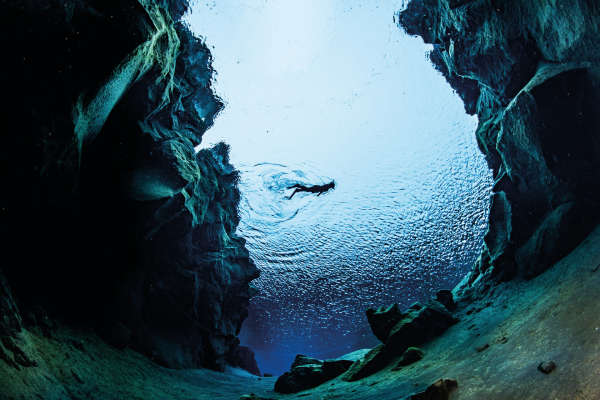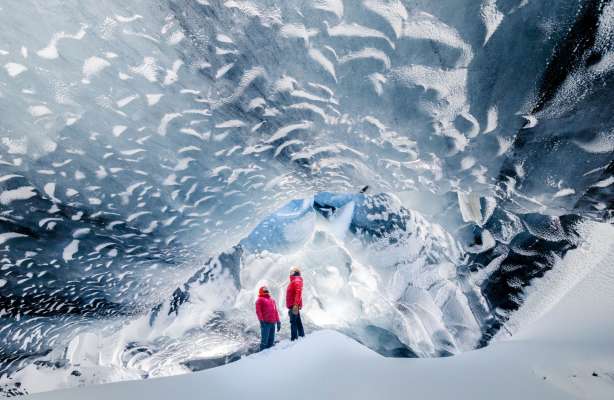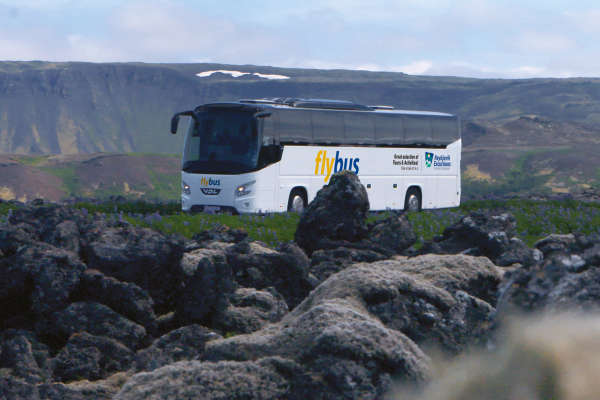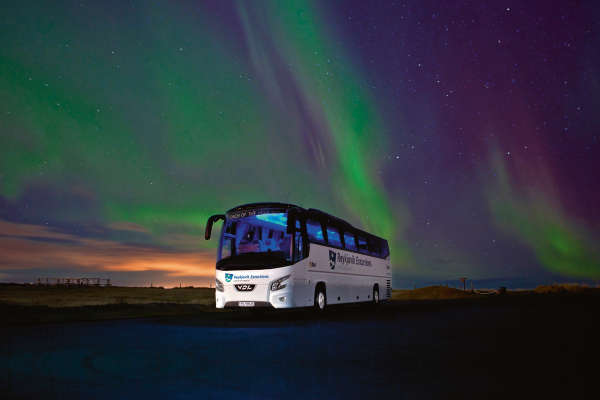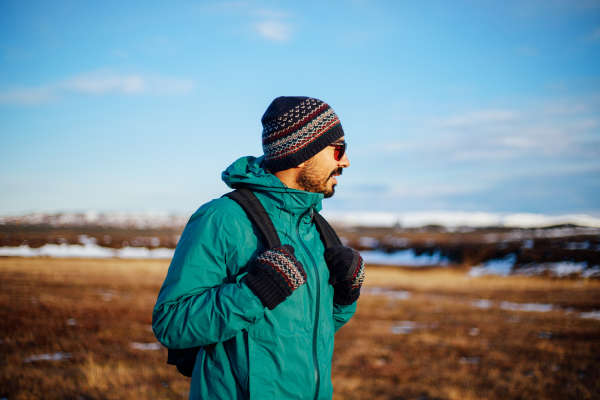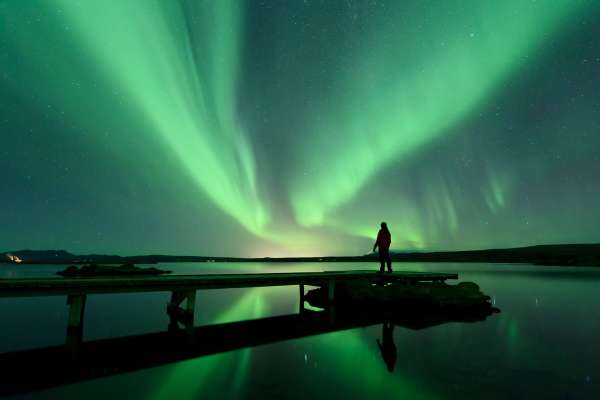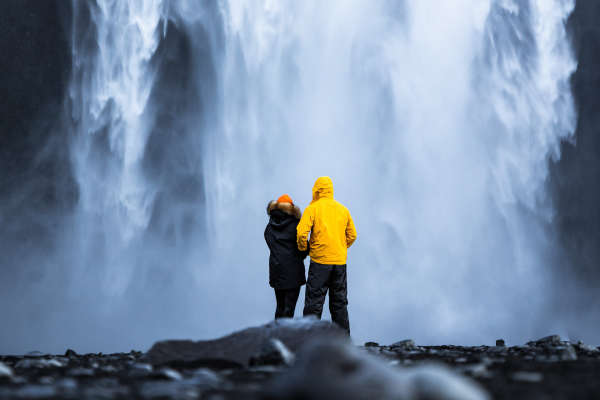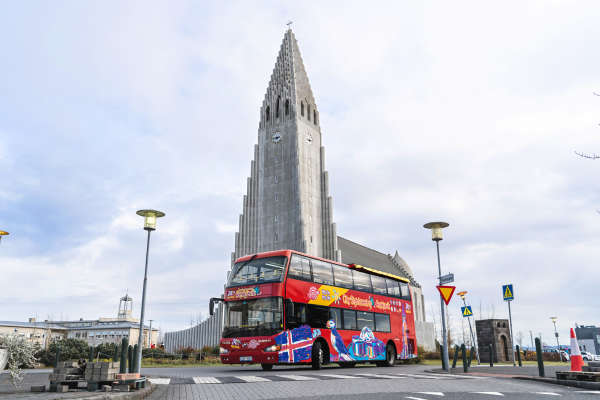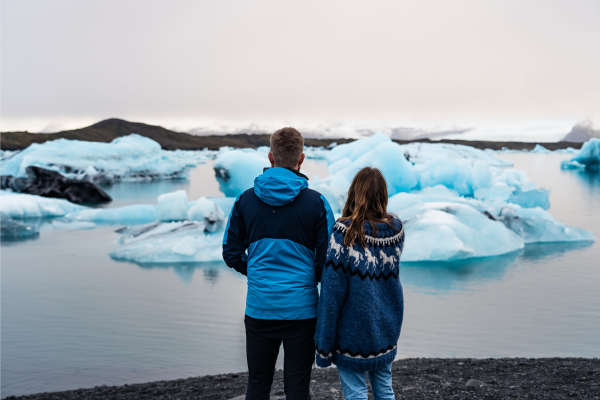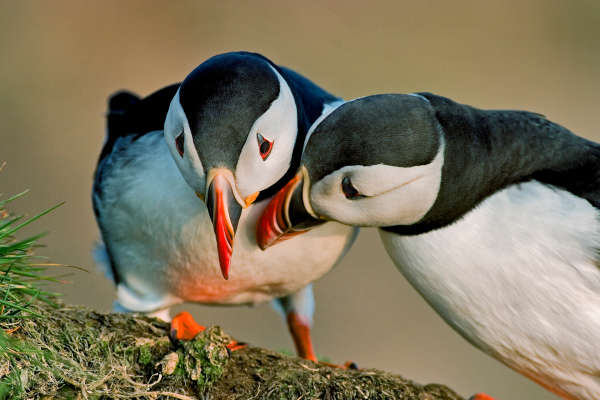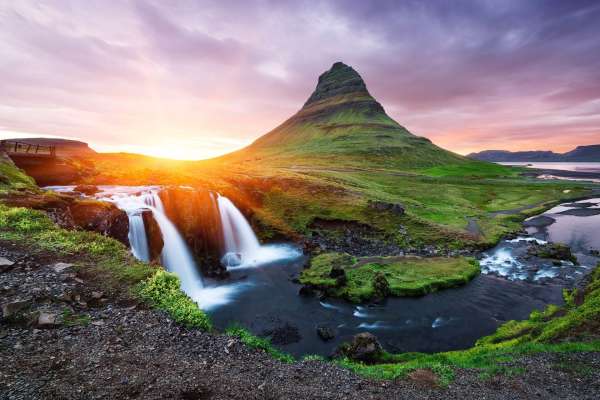Grindavík: A Town Transformed by Volcanic Forces
A community uprooted by nature, yet still a beacon for curious travelers
29. nóvember 2024
Nestled in the dramatic landscapes of Iceland's southwestern coast, Grindavík is a small fishing town with a story that’s anything but small. Surrounded by jagged lava fields and steaming geothermal vents, this community has always lived in harmony with the raw power of nature. Over the centuries, its people have weathered storms, pirate raids, and now, the unpredictable forces of volcanic activity.
A History of Resilience
Grindavík’s roots stretch back to the early Viking settlers who braved the harsh coastline around 934 AD. The town thrived as a fishing hub, its harbor a lifeline for generations who battled the North Atlantic’s wild waves to bring in their catch. Though life in Grindavík was tough, the community endured and adapted.
By the 20th century, advancements in fishing technology brought newfound stability. The introduction of modern infrastructure turned Grindavík into a bustling center of commerce and tourism, thanks to its proximity to the world-renowned Blue Lagoon and Keflavík International Airport.
For over 800 years, the volcanic forces beneath Grindavík lay dormant. The geothermal heat powered the local energy plant and provided visitors with soothing hot springs, but the magma below remained quiet—until everything changed in 2021.

A Volcanic Awakening
In early 2021, powerful earthquakes signaled a dramatic shift beneath the surface. After months of tremors, the Fagradalsfjall volcanic system erupted, breaking an 800-year silence. Lava poured from the earth, captivating locals and tourists alike with its fiery beauty.
Scientists warned that this eruption marked the start of a new era of volcanic unrest. They were right. By 2023, Grindavík faced repeated volcanic events, some dangerously close to the town itself. Cracks split the streets, homes were evacuated, and the town’s residents were forced to confront the stark reality of living atop an active volcanic zone. In one devastating incident, three houses were engulfed by lava flows, a stark reminder of the ever-present danger.
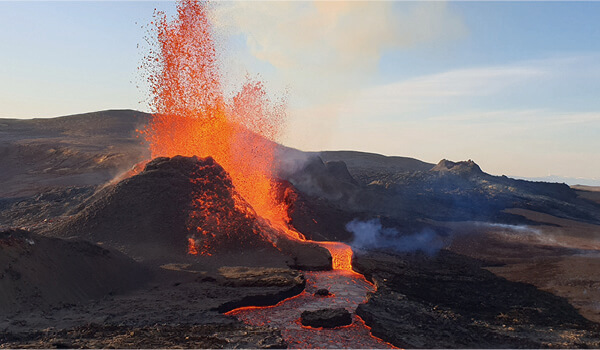
The situation became untenable, and the entire town was evacuated permanently, leaving nearly 4,000 residents to grapple with the loss of their homes, community, and sense of stability. In response, the government stepped in to lighten their burden, purchasing the abandoned properties and offering financial assistance to help families start anew elsewhere. Yet, for many, the emotional toll of leaving behind their roots and the uncertainty of rebuilding their lives elsewhere proved deeply challenging.
Nature's Beauty and Its Challenges
Grindavík perfectly illustrates the delicate balance between the gifts of nature and its unpredictable power. For a time, residents found wonder in the glowing red skies as volcanic eruptions lit up the nights, a dramatic display visible right from their windows. But the awe quickly turned to fear as lava crept dangerously close, threatening homes and livelihoods. What once felt like a spectacle became a stark reality of living on the edge of an active volcanic zone.
The surrounding lava fields, both ancient and newly formed, have become a magnet for travelers eager to witness the raw forces of nature up close. The nearby Blue Lagoon, formed from geothermal runoff, has become a world-famous spa, creating thousands of jobs and establishing Iceland as a global destination for wellness tourism. Visitors hike to see the steaming lava fields and striking volcanic landscapes, where they can feel the heat rising from the ground—a vivid reminder of the forces shaping the land.
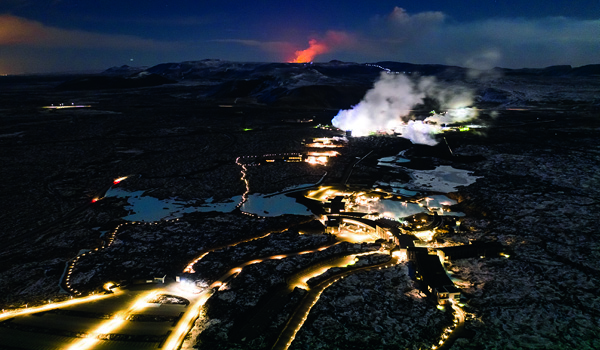
The geothermal power plants are a cornerstone of life in Iceland, providing affordable energy and heat while enabling this modern country to operate on nearly 100% green energy. They powers homes, businesses, and greenhouses, supporting both local food production and Iceland's global reputation for sustainability.
Yet, these benefits come with a reminder: the same forces that create prosperity can also bring upheaval. Volcanic eruptions have reshaped the landscape and displaced entire communities, leaving Grindavík a powerful symbol of resilience. It is a place where the harmony between people and nature is constantly tested, offering lessons in both opportunity and vulnerability.

The Future of Grindavík
Today, Grindavík stands empty, its residents scattered across Iceland. While the town remains uninhabitable, it has not lost its spirit. Many hope that, like the Westman Islands after the devastating eruption of 1973, Grindavík will rise again.
For now, Grindavík’s story is one of resilience and adaptation. It’s a living example of Iceland’s motto: Þetta reddast—“It will work out.” Whether you visit the town during one of its brief reopenings or explore the surrounding volcanic wonders, Grindavík offers a powerful lesson about coexisting with the forces that shape our world.
Volcanic Wonders with Grindavik Visit

This carbon-neutral tour takes you deep into the heart of the Reykjanes Peninsula, where you’ll witness the dramatic collision between human resilience and the raw, untamable forces of nature. Explore the aftermath of the volcanic eruptions and see firsthand how Grindavík has been transformed by these powerful events.
Blogg
Fáðu innblástur! Upplýsingar og góð ráð, áhugaverðir áfangastaðir, skemmtilegar staðreyndar og margt fleira. Bloggið okkar er á ensku en það er stórskemmtilegt engu að síður!
Snorkeling and Diving in Iceland - Your Guide
Discover the best Iceland snorkeling and scuba diving sites with our ultimate guide to Snorkeling and Diving in Iceland.
Lesa blogg





